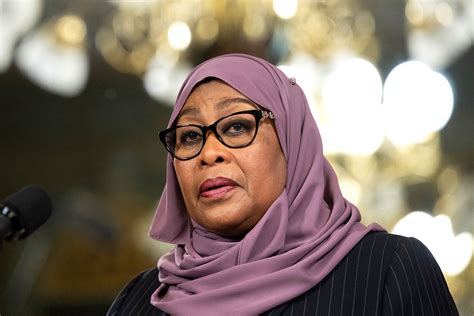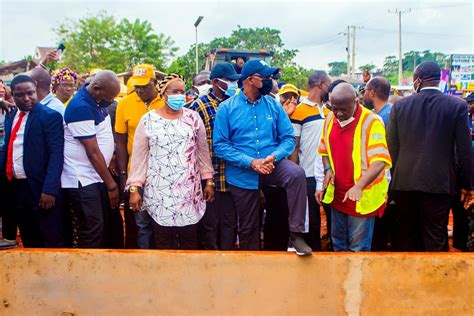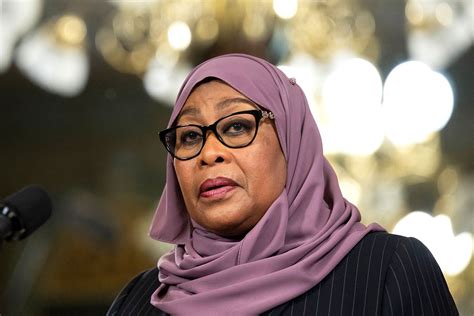The Defence Headquarters (DHQ) recently found themselves in the midst of swirling speculations regarding Niger Republic’s potential withdrawal from the Multinational Joint Task Force (MNJTF). As rumors circulated, concerns over the security implications of such a move were at the forefront of discussions.
In a press briefing held in Abuja, Major General Markus Kangye, the Director of Defence Media Operations, took center stage to address these pressing concerns. Emphasizing the vital role played by the MNJTF in maintaining regional security, Kangye shed light on the history and significance of this joint task force.
Established back in 1994 by countries within the Lake Chad Commission, including Niger, Nigeria, Chad, Cameroon, and Benin Republic, the MNJTF was created with a clear mission—to combat terrorism and transboundary crimes across member states. However, recent events had cast a shadow of doubt over Niger Republic’s continued participation.
Amidst its exit from ECOWAS and subsequent formation of an alliance known as Alliance des États du Sahel (AES), questions arose about Niger’s commitment to the MNJTF. Security experts voiced their apprehensions about how this potential withdrawal could impact counterterrorism efforts not only in the Lake Chad region but also across the broader Sahel.
Expert Insights:
Security analysts warn that any disruption to multinational cooperation like MNJTF can embolden terrorist groups and pose grave threats to regional stability.
The fear loomed large that a void left by Niger’s departure would pave the way for a surge in terrorist activities targeting vulnerable populations like internally displaced persons (IDPs) and refugee camps. With seven Nigerian states sharing borders with Niger—Sokoto, Katsina, Kebbi, Zamfara, Jigawa, Yobe, and Borno—the stakes were undeniably high.
Kangye underscored the importance of unity within this coalition force. He acknowledged ongoing discussions surrounding ECOWAS member alliances but stressed that preserving cohesion within MNJTF was paramount. Any fissure within this critical alliance could severely compromise shared security interests among member nations.
Noteworthy Quote:
“Efforts must be made to prevent any member state from leaving… A withdrawal creates a gap and weakens our collective strength.” – Major General Markus Kangye
Furthermore,
As conversations around potential withdrawals gained momentum,
Mr. Kangye reassured stakeholders that military operations remained steadfast against various threats—from terrorists to cattle rustlers—dispelling notions of scaling back efforts. He pointed out that key targets like notorious terrorist leader Bello Turji were still firmly on their radar.
In response to concerns about troop welfare,
Mr. Kangye provided insights into how wounded soldiers were being cared for diligently. The military had implemented measures such as providing housing for those unable to return to active duty while ensuring regular visits from senior officers both on frontline locations and at medical facilities.
For severe cases requiring specialized treatment,
Soldiers were flown out to countries like Egypt, Turkey,
and India—a testament to the military’s commitment to ensuring comprehensive care for its personnel.
As uncertainties lingered regarding Niger’s position within the MNJTF fold,
The need for solidarity among member states became more pronounced than ever before. The delicate balance between regional security interests and individual national priorities underscored why collaborative efforts through initiatives like MNJTF remained crucial in safeguarding shared peace and stability across borders.









Leave feedback about this